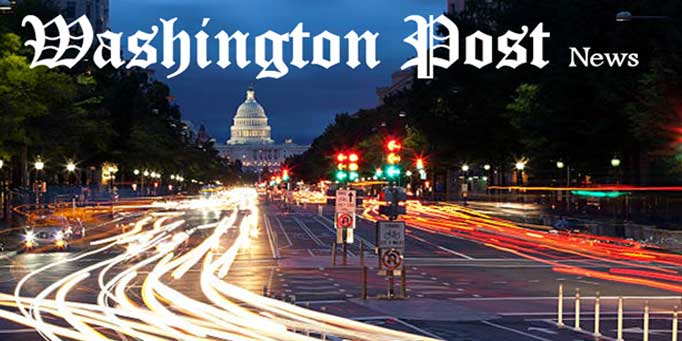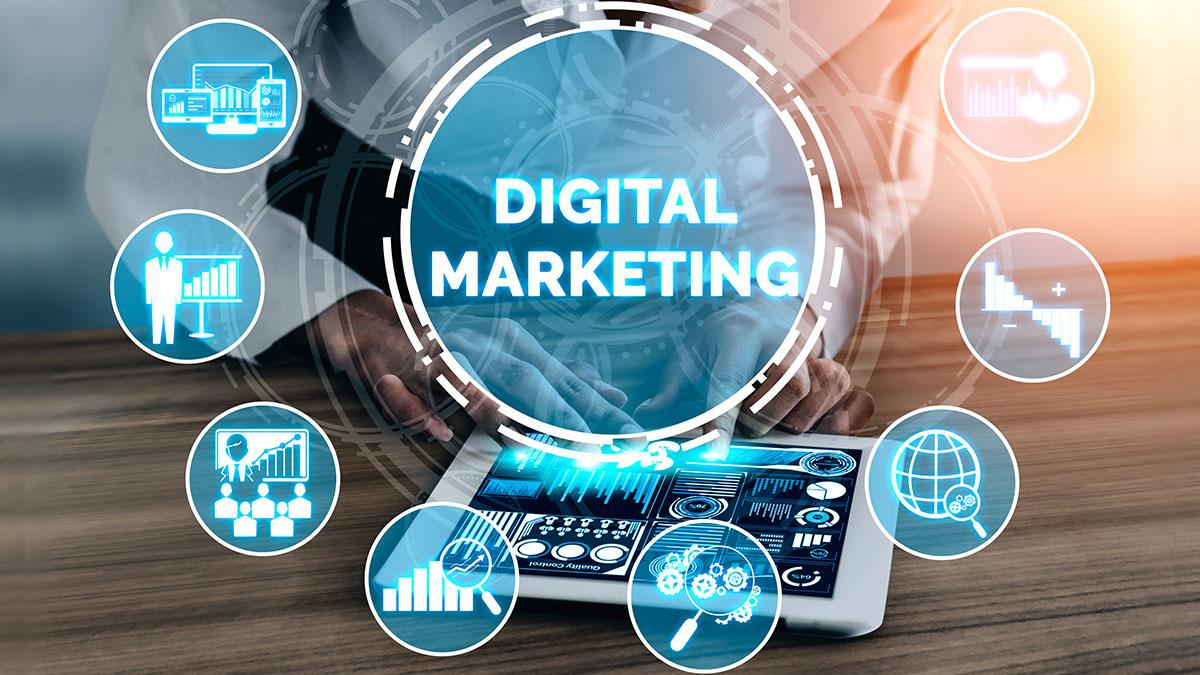The Future of IoT: Emerging Trends and Predictions
Have you ever imagined a world where your coffee maker knows just when to start brewing your morning cup? Or your office adjusts the temperature as you walk in.
This isn’t a scene from a sci-fi movie; it’s the reality shaped by the Internet of Things (IoT).
The Rise of IoT: A Brief Analysis
According to IoT’s latest trends, 2023 is set to witness an 18% growth in IoT devices, reaching a staggering 14.4 billion globally. And by 2025? We’re looking at a world interwoven with 27 billion connected IoT devices.
This explosive growth is fueled by the shift from the older 2G/3G networks to the more robust and speedy 4G/5G networks.
But what does this mean for businesses?
With IoT, businesses can leverage real-time data analytics, automate processes, and enhance customer experiences.
Imagine a retail store that knows your preferences as you walk in or a manufacturing plant that predicts equipment failures before they happen. That’s the power of IoT at work.
On the flip side, businesses that shy away from embracing IoT risk being left in the digital dust.
Without IoT, they miss out on the efficiency, insights, and connectivity that their competitors are likely capitalizing on.
In a world where data is king, not harnessing IoT is akin to sailing without a compass – you might stay afloat, but you’re unlikely to find new lands.
Emerging Trends in IoT
The IoT landscape is like a fast-evolving ecosystem, constantly adapting and growing. It’s not just about gadgets getting smarter; it’s about a fundamental shift in how we interact with technology.
Now, let’s peel back the layers and analyze some of the most exciting trends shaping the future of IoT.
- AI and Machine Learning Integration
More than just connecting devices, AI and ML are making them smarter. This means IoT devices can now predict, adapt, and respond intelligently to their environment, leading to smarter homes, efficient industries, and personalized user experiences.
- Enhanced IoT Security
As IoT networks expand, robust security becomes paramount. We’re seeing a surge in advanced encryption methods, secure edge computing, and real-time monitoring to protect the vast data traversing these networks.
- Healthcare Transformation
IoT is revolutionizing healthcare with remote monitoring, wearable health devices, and smart hospital systems. These technologies are not just conveniences; they’re transforming patient care and health management.
- Smart City Evolution
IoT is at the forefront of creating smarter, more efficient cities. From optimizing traffic flow to improving public safety, IoT is enabling urban areas to become more responsive to the needs of their citizens.
- Agricultural Advancements
IoT is changing the game in agriculture with precision farming. Sensors, drones, and smart systems are helping farmers increase yields, reduce environmental impact, and gain greater control over their crops.
Early Adopters will be the Winners
In the coming years, IoT is poised to become one of the most widely adopted technologies, weaving itself into the very fabric of our daily lives and businesses.
Imagine a world where every device and system is interconnected, creating a symphony of seamless interaction and efficiency. This isn’t just a possibility; it’s the inevitable future.
Businesses that embrace IoT today are setting themselves up for success tomorrow. They’re like the early navigators charting new territories, while others are still mustering the courage to set sail.
In this rapidly evolving landscape, early adoption of IoT means staying several steps ahead of competitors. It’s about being a trendsetter, not a follower.
Major Industry Challenges Without IoT
In a rapidly evolving digital landscape, businesses not harnessing IoT may face distinct challenges:
- Healthcare: Lacking IoT, healthcare providers grapple with inefficient patient care and data management, missing critical real-time insights.
- Agriculture: Without IoT, farmers lose out on precision agriculture, leading to resource wastage and reduced yields.
- Urban Development: Cities sans IoT struggle with traffic, safety, and energy inefficiencies, impacting quality of life.
- Industrial Automation: Industries not using IoT suffer from process inefficiencies and delayed decision-making, hindering productivity.
- Retail and Supply Chain: The absence of IoT in these sectors leads to inventory errors and supply-demand mismatches, affecting sales and customer satisfaction.
Let’s Make Your Business Smarter
In the ever-evolving world of IoT, staying ahead isn’t just an option; it’s a necessity. With Squillion Tech, you’re not just keeping up; you’re leading the pack.
Intrigued? A chat with Squillion Tech could be the first step in transforming your business with IoT. Let’s get started!
Author bio
Karan Mehta
Karan Mehta is the co-founder and CEO of Squillion Technology. With a background in Business Administration, he brings a unique perspective to the world of technology and business. Karan is a dedicated and driven individual who plays a pivotal role in overseeing the company’s strategic direction and operations. Karan is passionate about fostering business growth and nurturing client relationships. He is committed to staying at the forefront of the ever-evolving technology landscape, ensuring that his company remains at the cutting edge of innovation in this competitive market.



